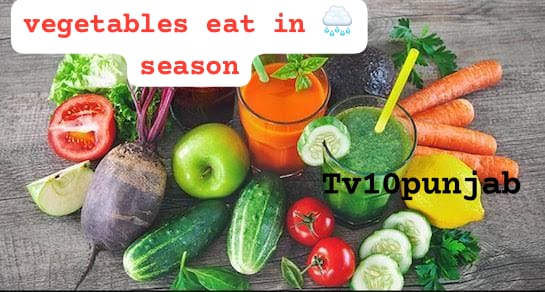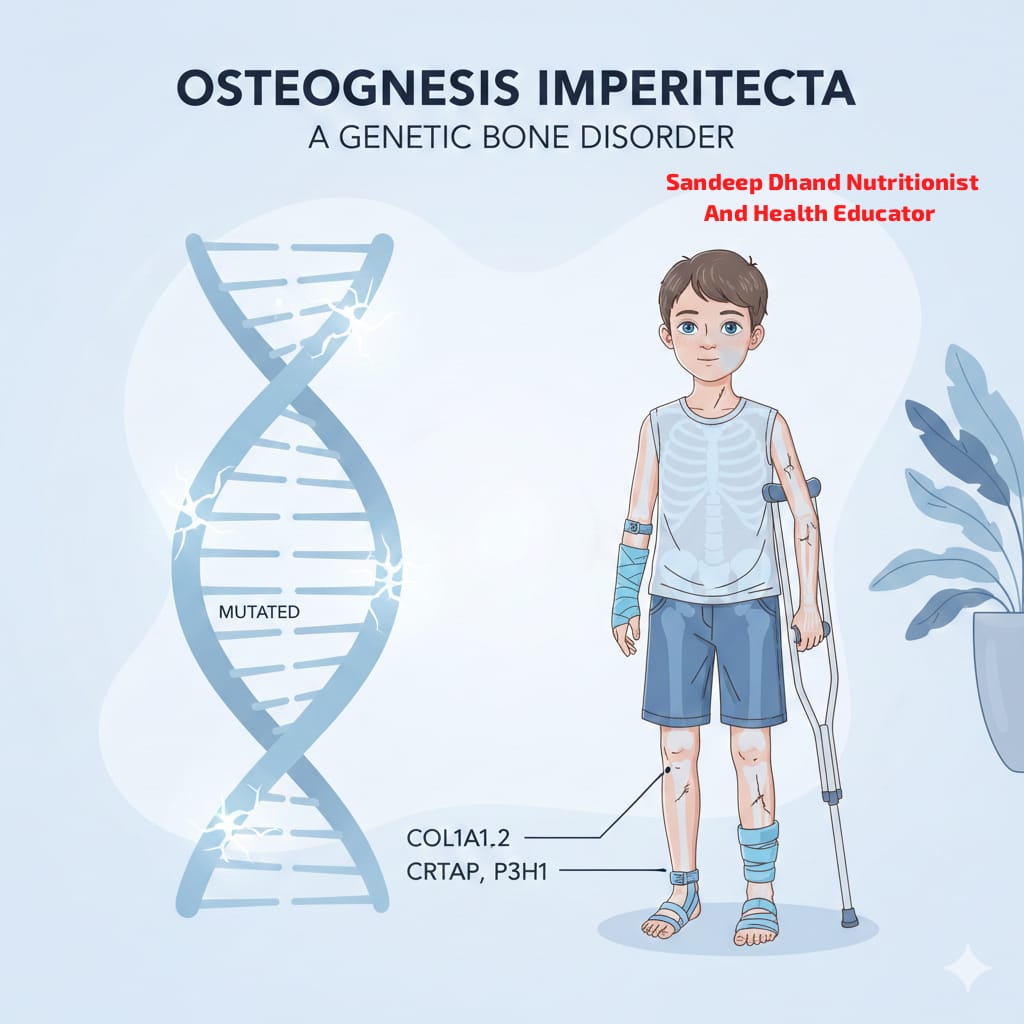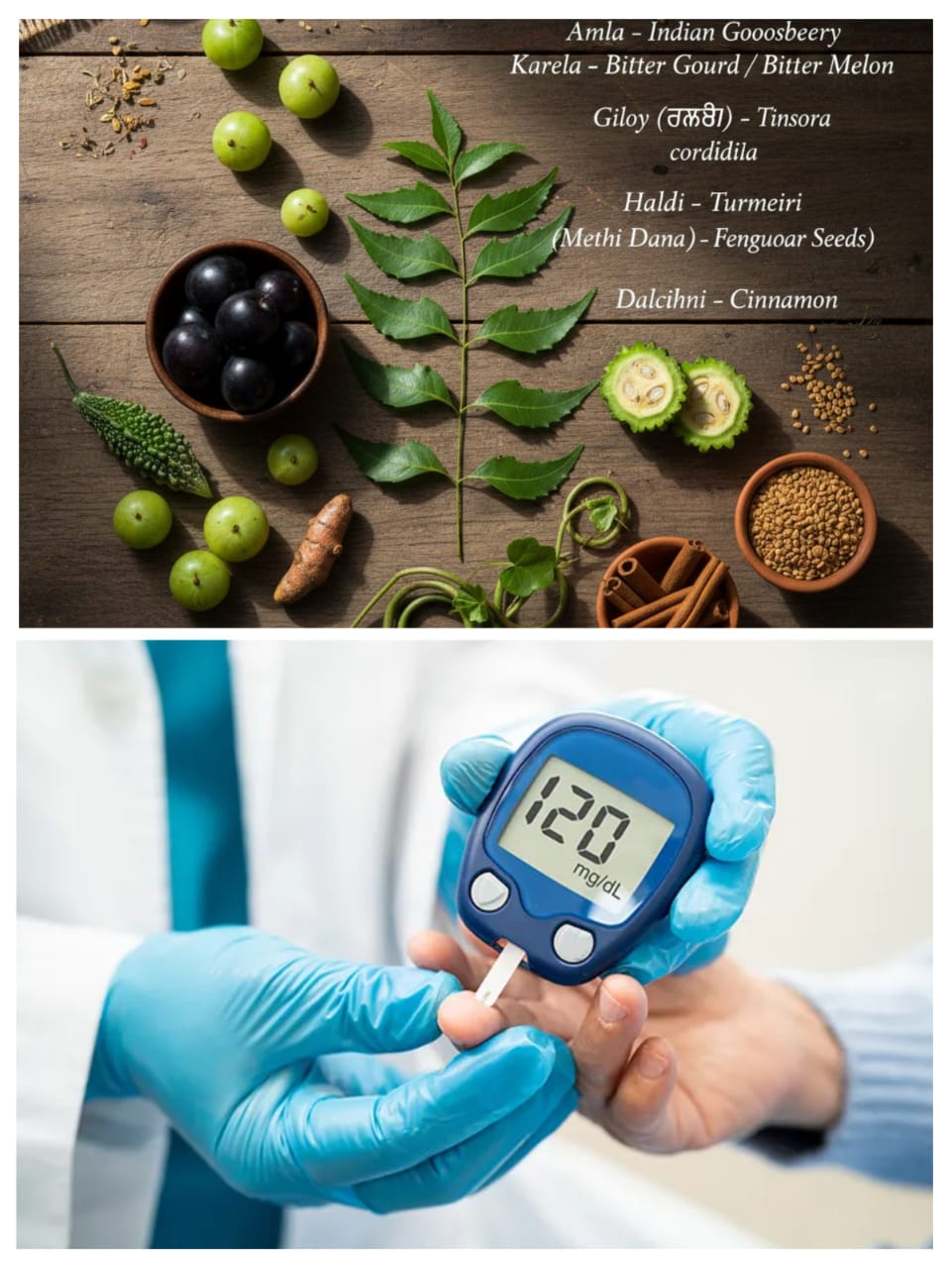Health Desk | Tv10punjab
Stay Healthy and Safe During Monsoon with Right Vegetable Choices
🌧️ Introduction: Why Food Safety is Important in Rainy Season
The rainy season brings relief from heat but also increases the risk of infections, stomach problems, and seasonal diseases. Waterlogging, humidity, and dirt can make vegetables a breeding ground for bacteria and fungi.
So, it is very important to choose the right vegetables and avoid the unsafe ones during the rainy season to keep your stomach and immunity strong.

✅ Safe Vegetables to Eat in Rainy Season
Here is a list of vegetables that are safe, healthy, and easy to digest during the rainy season:
- Bottle Gourd (Lauki)
Very light and easy to digest
Keeps your stomach cool
Helps in controlling blood pressure
Can be boiled, made into soup, or used in curry
Tip: Always cook well. Don’t eat raw.
- Ridge Gourd (Tori)
High in water content
Helps in digestion
Good for liver health
Can be made into curry or stuffed sabzi
Why good in monsoon: Keeps your system clean and reduces toxins.
- Indian Round Gourd (Tinda)
Easy on the stomach
Helps in controlling acidity
Can be cooked with light spices
Tip: Always wash properly and cook fully.
- Lady Finger (Bhindi)
Rich in fiber
Controls blood sugar
Improves digestion
Tastes good when cooked with onions and light masala
Caution: Avoid too much oil while cooking.
- Pumpkin (Kaddu)
Rich in vitamins and antioxidants
Improves immunity
Helps in keeping the stomach calm
Can be cooked sweet or salty
Extra benefit: Helps in weight loss too.
- Beetroot (Chukandar)
Boosts blood count
Fights infections
Can be added to soup, curry, or cooked with other veggies
Tip: Don’t eat raw in monsoon. Cook it.
❌ Vegetables to Avoid in Rainy Season
Some vegetables should be avoided during monsoon as they may cause stomach infection, gas, or loose motion due to high moisture and bacteria growth.
- Leafy Greens (Palak, Bathua, Methi, etc.)
They may carry mud, germs, and worms
Difficult to clean completely
High chances of infection
Avoid raw or even cooked leafy greens during monsoon.
- Sprouted Grains and Beans
May cause gas and indigestion
Risk of fungus due to moisture
Difficult to digest
Better to avoid during monsoon unless properly cooked.
- Radish (Mooli)
Can cause stomach bloating
May lead to cough and cold
Difficult to digest
Avoid eating radish and its leaves in rainy season.
- Cucumber (Kheera) and Raw Tomato
Raw veggies are not safe during monsoon
Can carry bacteria and cause diarrhea
Difficult to clean properly
Tip: If using tomatoes, cook them well.
- Lettuce and Other Salad Leaves
Often eaten raw
Risk of contamination with germs and mud
Not good for weak digestion
Avoid all raw salad leaves in rainy season.
- Mushrooms
Grow in moist conditions
High chance of bacteria and fungus
May upset the stomach
Avoid mushrooms completely in monsoon.
🥄 How to Clean and Cook Vegetables Properly
- Wash vegetables with warm water and salt to remove dirt and germs.
- Use fresh vegetables only. Avoid wilted, old, or spoiled ones.
- Always cook properly. Do not eat half-cooked or raw vegetables in monsoon.
- Avoid outside food like street-side sabzi and salads.
- Buy vegetables from clean places and check for insects or black spots.
💡 Tips to Boost Immunity with Vegetables
Use ginger, garlic, and turmeric while cooking vegetables. They fight infections.
Add a few tulsi or neem leaves (cooked) to vegetable soup.
Eat light, simple, home-cooked food.
Drink warm water or herbal tea after meals to aid digestion.
🌿 Sample 1-Day Rainy Season Vegetable Meal Plan
Breakfast
Bottle gourd paratha or stuffed ridge gourd roti
Herbal tea or warm water
Lunch
Cooked bhindi sabzi
One bowl dal
Rice or chapati
Curd (only if fresh)
Evening Snack
Steamed beetroot cutlets or pumpkin soup
Dinner
Tinda or kaddu curry
1-2 chapatis
Warm water or ajwain water
⚠️ Warning Signs: If You Eat Unsafe Vegetables
Loose motion or diarrhea
Stomach ache or gas
Nausea or vomiting
Fever or fatigue
If you see these symptoms after eating vegetables, drink plenty of fluids, rest, and visit a doctor if needed.
✅ Conclusion: Eat Smart, Stay Healthy in Rainy Season
Choosing the right vegetables in rainy season can save you from infections and help you stay energetic. Always remember:
Cook properly, wash carefully, eat wisely.
Avoid raw, leafy, and unsafe vegetables.
Eat light, fresh, and seasonal vegetables for good health.
Rainy season can be fun and healthy if you take the right steps. Be smart with your food, and enjoy the season without falling sick.




